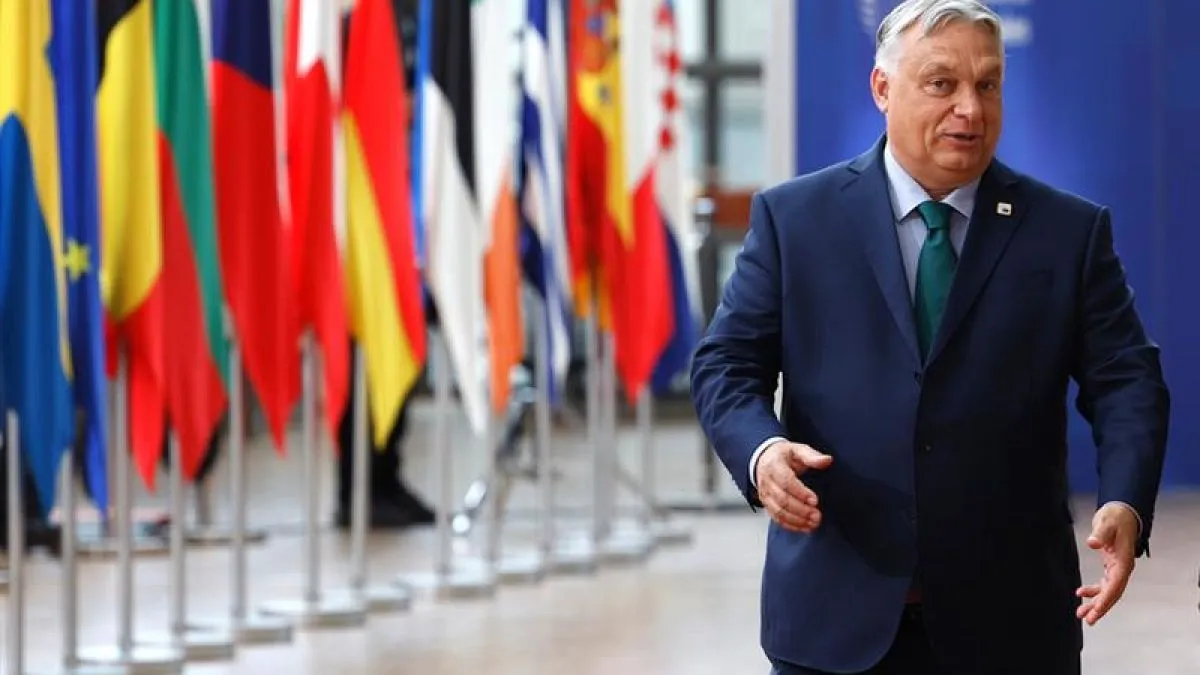The European Union, founded in 1993, is facing internal challenges as Hungary assumes its rotating presidency. Since July 1, 2023, Prime Minister Viktor Orbán's government has been representing the 27-nation bloc, a role that will continue until the end of the year. This situation has created significant tension within the EU, which has a population of about 447 million people as of 2023.
Orbán, who has been Hungary's Prime Minister since 2010, has taken actions that contradict the EU's stance on several key issues. His visits to Russia and China, countries the EU considers problematic, have raised eyebrows. Additionally, Orbán's trip to meet former U.S. President Donald Trump at Mar-a-Lago has further strained relations with the current EU leadership.
The Hungarian leader's choice of "Make Europe Great Again" as the presidency's motto, echoing Trump's campaign slogan, has been seen as provocative. This approach has been described by some analysts as "troll diplomacy," aimed at antagonizing EU leaders.
In response to these actions, the EU has taken unprecedented steps. The prestigious meeting of foreign ministers, traditionally held in the country holding the presidency, has been moved to Brussels. Some member states have also downgraded their attendance at meetings in Hungary, sending lower-level officials instead of ministers.
"Orbán just wants to provoke more anger from the leaders of the European Union."
The EU's ability to take more substantial action against Hungary is limited due to its decision-making structure. Many crucial decisions require unanimity, giving individual member states significant influence. This situation highlights the challenges the EU faces in maintaining unity among its diverse membership.
Orbán has been critical of the EU, accusing it of attempting to undermine national sovereignty and Christian values. His vision of an "illiberal" democracy stands in stark contrast to the EU's founding principles. Despite these differences, Hungary, which joined the EU in 2004, continues to receive significant financial support from the bloc.
Interestingly, Hungary's EU membership makes it valuable to countries like Russia and China. Orbán positions himself as a middleman who can influence European politics, serving his own interests while potentially weakening the EU from within.
The current situation underscores the complex dynamics within the EU, which won the Nobel Peace Prize in 2012 for its role in promoting peace and reconciliation. As the bloc navigates these challenges, it must find ways to uphold its motto, "United in Diversity," while addressing internal disagreements.
As the EU approaches its next European Parliament elections in 2024, these tensions may influence the political landscape. The bloc's ability to maintain cohesion while respecting the diversity of its member states will be crucial for its future development and global influence.
